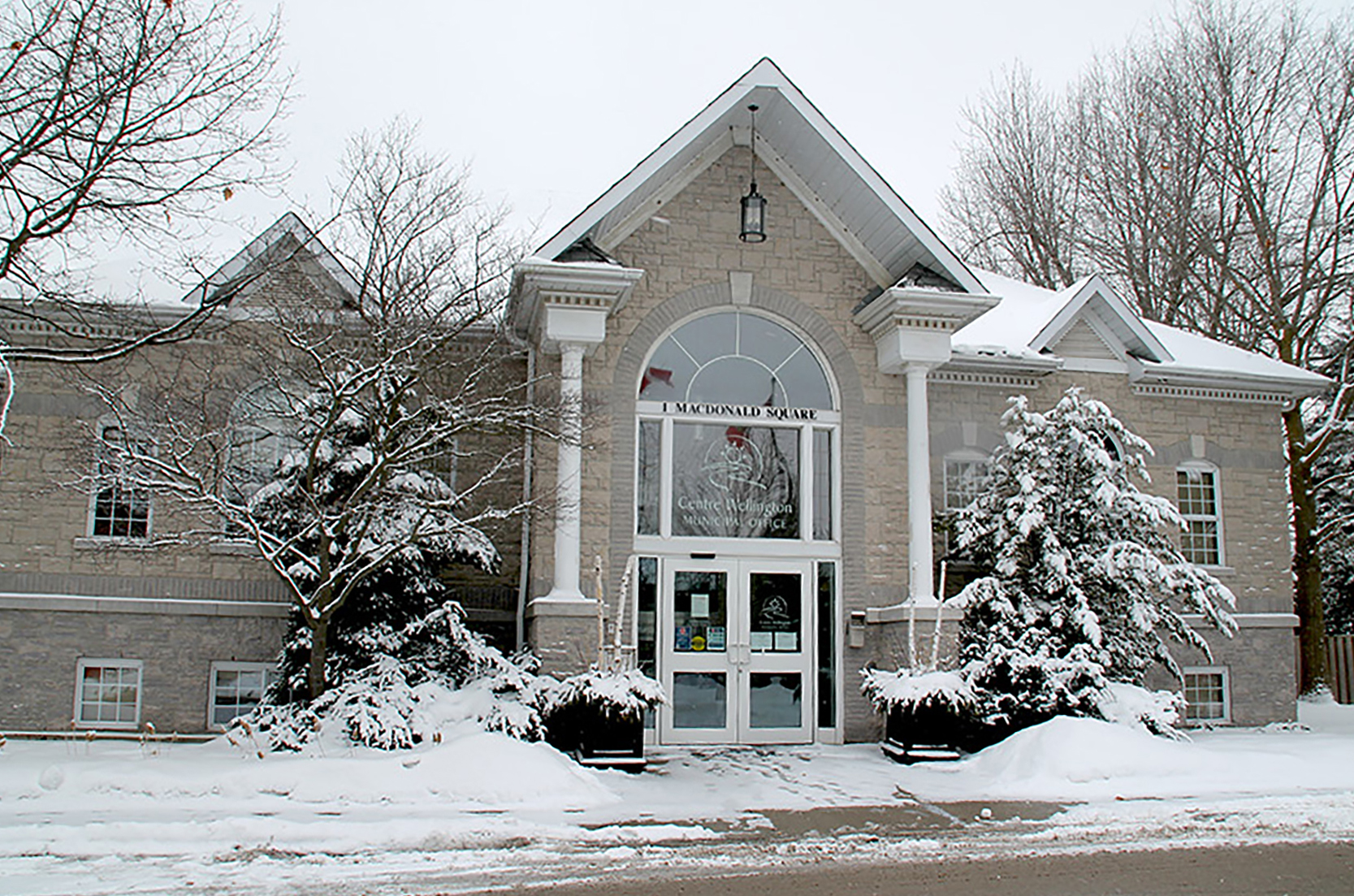ELORA – Considering the growing popularity of Airbnb and similar websites, and faced with a shortage of housing in the township, Centre Wellington council is concerned that accommodations for tourists are taking precedence over accommodations for residents.
Clerk Kerri O’Kane presented a report to council at on Dec. 18 outlining a bit of history on bed and breakfasts as well as Airbnbs, estimating there are approximately 251 listings in the township.
Of those, 80% are entire home rentals and 20% are partial home rentals.
It’s not just the lost opportunity for long-term rentals that’s a problem O’Kane said.
“Current planning and bylaw enforcement records indicate a handful of complaints (less than 10) associated with short-term rentals, with most of the complaints being zoning related, namely using an accessory structure or trailer as a place for human habitation which is not permitted under the zoning bylaw,” she states in her report.
The township has bylaws that regulate aspects of short-term rentals, namely noise, dogs running at large, parking, garbage and open-air burning, but there is currently no regulation for these types of rentals.
In her preliminary research, O’Kane found some municipalities have bylaws and regulations in place while others are developing systems to deal with short-term rentals.
The Town of Blue Mountains was among the first municipalities in Ontario to institute regulations for short-term rentals and their decision was taken to the Ontario Municipal Board, which ruled that municipalities have the right to regulate these types of rentals as a separate land use category.
Some municipalities have adopted official plan and zoning bylaws to regulate where they are allowed; some have established a licensing structure payable to the municipality; some have established a registry and restricted the number of short-term rentals; some set standards that are subject to building and fire inspections.
O’Kane presented council with two options: for staff to continue monitoring the situation and hire a third-party provider to inventory the number and locations of short-term rentals; or to go all-in and hire a consultant to conduct public consultation, create an inventory, and develop a strategy and/or regulations.
The cost is unknown but expected to ring in around $100,000 for option two.
Councillor Kim Jefferson wondered if the study could be done in tandem with the already-approved tourism master plan, as many of the same stakeholders would be involved in public consultation.
Councillor Jennifer Adams thought the study has ties to the economic development master plan.
Councillor Barbara Lustgarten-Evoy hoped for an interim plan that could be in place by tourism season.
A larger study “would take two years,” she said. “It’s a problem and it’s specific to Elora.”
Ultimately council voted for option two.
“We need to approach this in a methodical way,” said Mayor Shawn Watters.
“I think if we go quickly to get something in place, we’ll be disappointed.”




